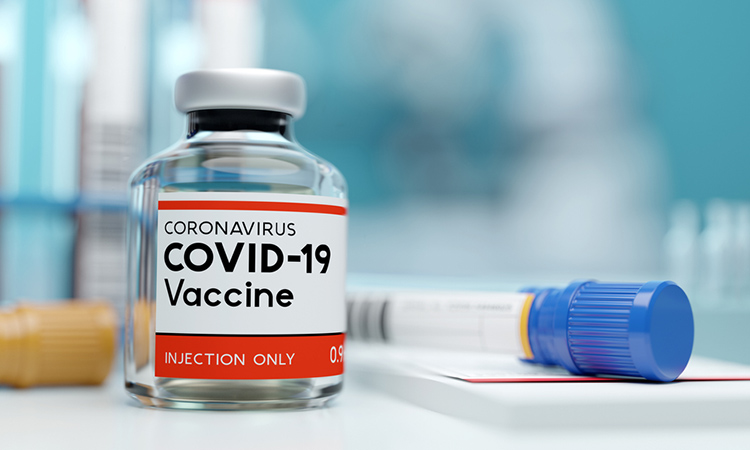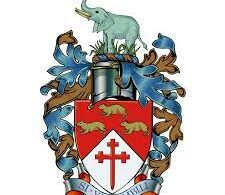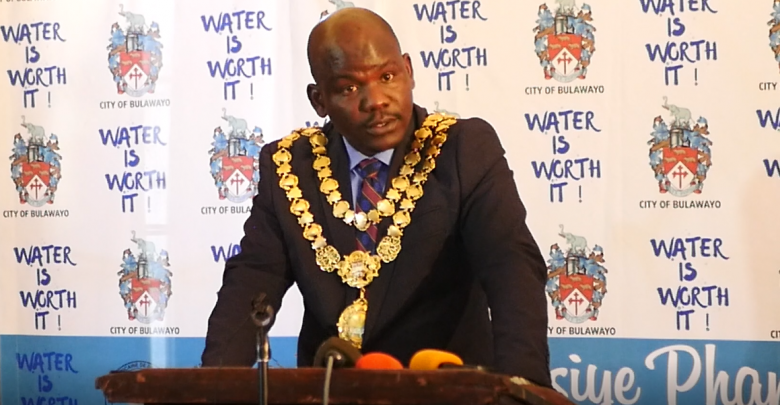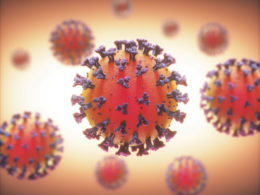Health experts have attributed Covid-19 vaccination hesitancy to concerns that the vaccines may be unsafe due to the speed at which they were produced.
There are several reasons people give for their vaccine hesitancy but a persistent concern that some express continuously is why the Covid-19 vaccine was developed in less than a year yet scientists have failed to produce vaccines for HIV or cancer.
Due to this concern, others claim, therefore, that these Covid-19 vaccines are dangerous, ineffective or unsafe, as they believe “shortcuts were taken”.
But scientists point out research on coronaviruses started two decades ago and work on SARS-CoV-2 the virus that causes Covid-19 was expedited by updated technology, as well as decisions to launch commercial-scale production before the United States Food and Drug Administration authorised vaccines for emergency use.
On December 8, 2020, Britain was the first Western country to begin vaccination against the virus. The rollout was followed by the US Food and Drug Administration’s emergency authorisation of Pfizer-BioNTech’s Covid-19 vaccine on December 11, 2020, and Moderna’s on December 18, 2020.
Researchers said in testing the vaccines for safety and efficacy, no corners were cut, as the same process was followed as with any vaccine, but to hasten the procedure drug companies performed different phases of the research simultaneously, instead of sequentially.
This saw volunteers also signing up fast to take the vaccines and drug manufacturers produced the vaccines even before they knew whether they would be authorised.
President of Global Immunisation at the Sabin Vaccine Institute, Dr Bruce Gellin, once explained that Covid-19 vaccines were developed faster as they were built on existing scientific work around the Severe Acute Respiratory Syndrome (SARS) and the Middle East Respiratory Syndrome (MERS).
SARS appeared in 2002 in China and spread worldwide within a few months, although it was quickly contained.
It was transmitted through droplets that enter the air when someone with the disease coughs, sneezes or talks but no known transmission has occurred since 2004.
MERS broke out in 2012 in Saudi Arabia and is a species of coronavirus which infects humans, bats and camels.
“Scientists didn’t start from scratch or from zero. There’s been work on corona vaccines for a long time – SARS and MERS were other corona vaccines for which there was a huge effort to develop vaccines and SARS-because of the way that virus was transmitted and number of things, Dr Gellin said while addressing Sub-Saharan journalists in January.
“SARS could be prevented without a vaccine so vaccine efforts didn’t go all the way through to developing a final vaccine in the same way we are seeing it now. MERS is a similar one that came forward with a huge effort on developing a vaccine. I think it was that work that was the basis of what we are seeing now.”
The Covid-19 vaccination programme was named Operation Warp Speed, a public private partnership initiated by the US government to facilitate and accelerate the development, manufacturing, and distribution of Covid-19 vaccines, therapeutics, and diagnostics.
The first news report of Operation Warp Speed was on April 29, 2020, and the programme was officially announced on May 15, 2020.
Dr Gellin said from the existing knowledge, people understood more about coronaviruses and looking at Covid-19 knew it was a virus whose spike protein has to enter the human cell to attack.
“The basis was to then block the Covid-19 virus from entering cells and there was some huge amount of work previously for that. A critical part of that was on stabilising, developing something that was a stable molecule for the immune system to go after,” he said.
“So 10 years of work of science and knowledge was there before Operation Warp Speed even stood up, where scientists sought to shorten timelines in a way that inspired confidence. There was also huge scientific collaboration, usually, scientific work is much more competitive but researchers shared their insight which helped shorten timelines.”








